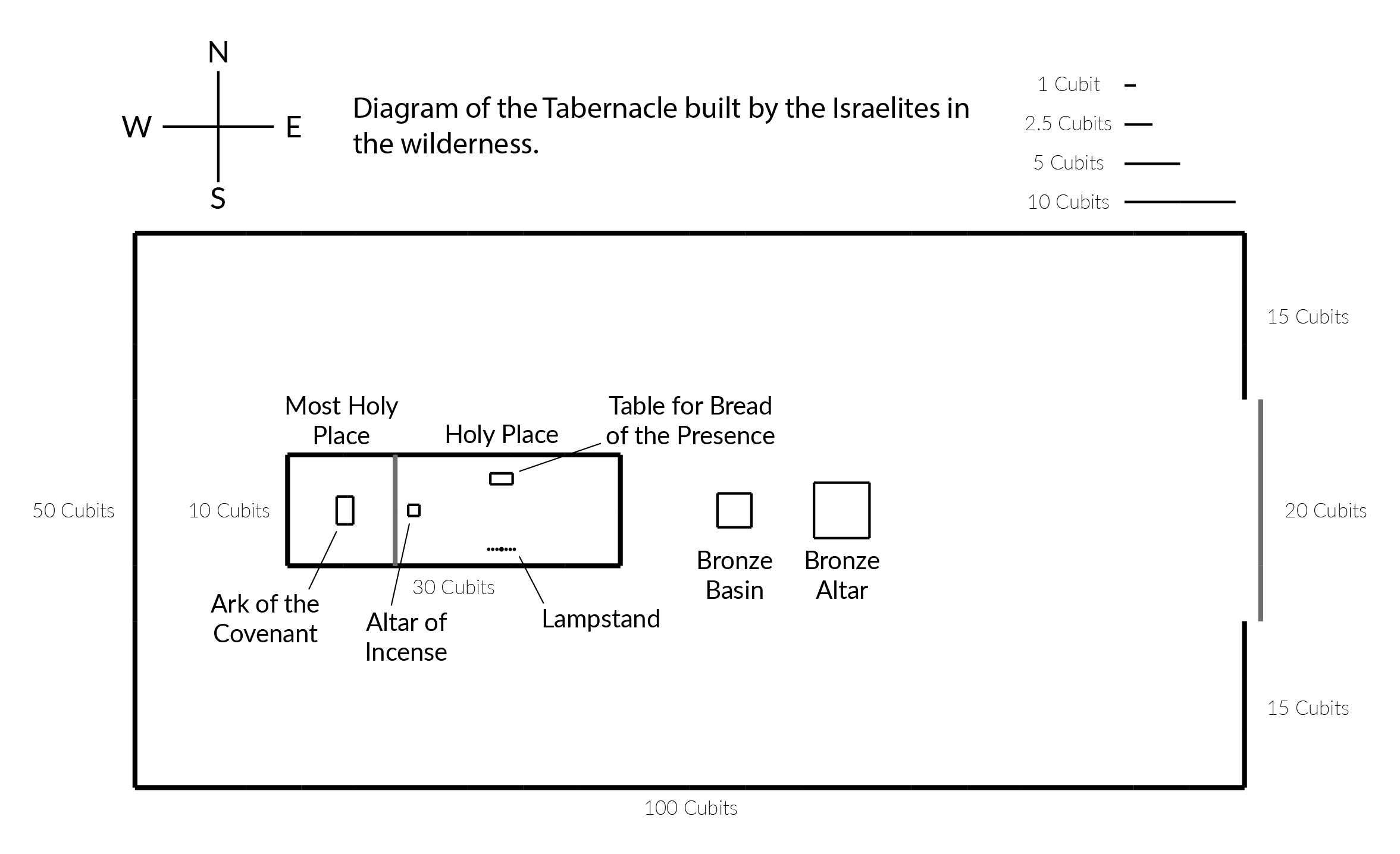Leviticus 20 Summary: A Short Breakdown in 5 Minutes
Leviticus 20 Summary - A Quick Overview
WHEN:
Leviticus picks up where Exodus left off. The children of Israel are on their way through the wilderness to the Canaan land.
According to Leviticus 8, the Tabernacle had already been erected, which would place the year at approximately 1490 B.C. (one year after the Israelites left Egypt).
DEFINITIONS:
Molech – The name Molech appears several times in the Bible and is called the “abomination of the Ammonites” in 1 Kings. Molech was a false god worshiped by the Canaanites. The worship of Molech involved burning children as sacrifices to him (2 Kings 23:10). Anyone Israelite who offered their child as a sacrifice to Molech was to be put to death by stoning (Lev 20:2).
Necromancer – Someone who uses magic to conjure the spirits of the dead.
TABERNACLE DIAGRAM
OUTLINE:
CHILD SACRIFICE, MEDIUMS, AND NECROMANCERS (20:1-9):
If any Israelite or person who lived among the Israelites sacrificed their child to the idol Molech, they were to be put to death by stoning.
Additionally, God would punish anyone who had knowledge of a person sacrificing to Molech and didn’t report it.
The Israelites were forbidden from consulting with mediums and necromancers.
God told Moses He would set His face against anyone who participated in these things and cut them off from their people.
LAWS REGARDING SEXUAL IMMORALITY (20:10-21):
Several kinds of sexual immorality were punishable by death, including: adultery, sexual relations between close relatives, homosexuality, and bestiality.
Relationships between step-brothers and step-sisters were forbidden as disgraceful.
Relationships with aunts, uncles, nieces, and nephews were prohibited.
God also restricted sexual relations during a woman’s menstrual period.
Finally, there were to be no sexual relationships between brother-in-laws and sister-in-laws.
HOLINESS VS UNCLEANLINESS (20:22-27):
The Israelites were to shun the pagan practices and immoralities of the nations who lived in Canaan prior to them.
God gave them these restrictions to separate them from those nations (20:24).
If the Israelites would keep God’s commands and strive for holiness, Canaan would not “vomit” them out like it was going to do to its current inhabitants.
“You shall be holy to Me, for I the Lord am holy and have separated you from the peoples, that you should be mine” (20:26).
APPLICATION:
God’s laws in the Old Testament were intended to separate the Israelites from the surrounding nations.
This intention is repeated in the commands of Jesus and His Apostles (2 Corinthians 6:17).
Christians are separate from the world.
God wants a distinct people, a people that stand out against the backdrop of a sinful culture.
We should embrace and come to terms with the fact that we will not look like the people around us.
They pattern their lives off the things the world idolizes, we pattern our lives after the holiness of Jesus.
It should not be our mission to make a disciple look as similar to an unbeliever as possible.
It should not be our mission to make the life of a disciple more palatable to an unbelieving world.
Rather, we should embrace the privilege of stepping into the distinct identity God has prepared for us and realize our differences are a good thing, a holy thing.


